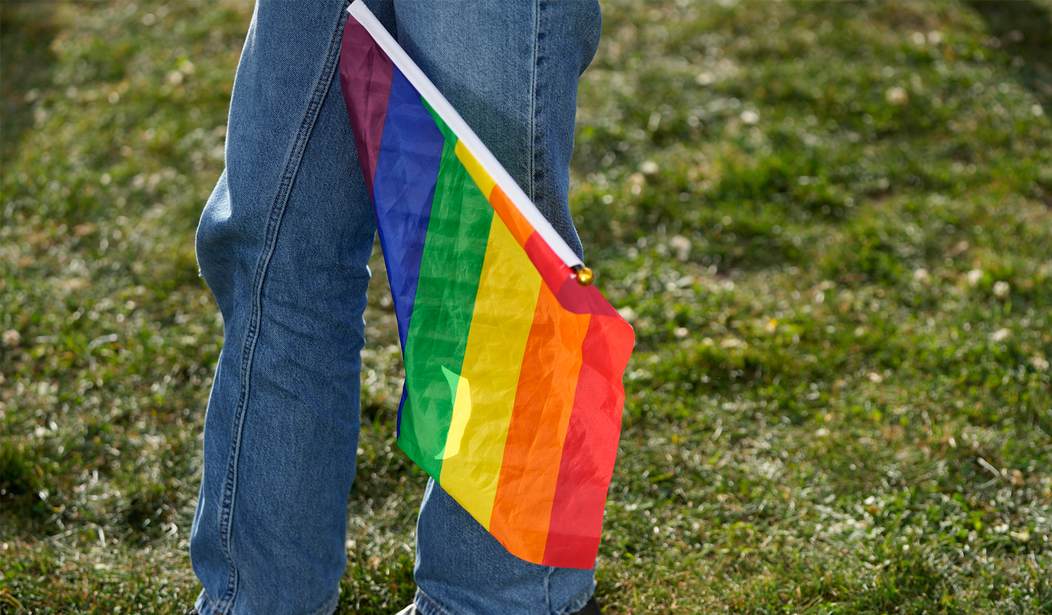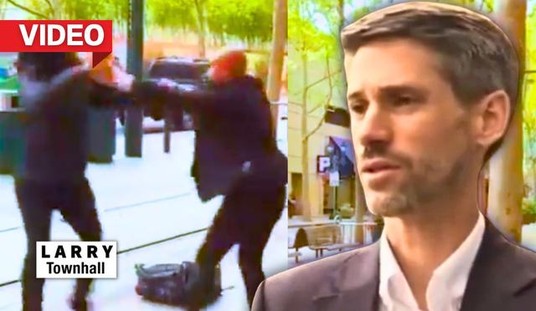For almost 20 years now, I have been guided by this principle when it comes to LGBTQ people and issues: reach out to the people with compassion; resist the agenda with courage. But how, exactly, is this done? And how does it play out in terms of the people we are called to reach and the agenda we are called to resist?
There are Christians who avoid the culture wars because they are too toxic, fearing that any involvement will only turn LGBTQ-identified people away from the faith. “Let’s just love them like we love everyone else,” they reason, “building relationships with them, not being offensive in our speech or conduct, and leading them to Jesus.”
There is much that is right in this approach.
There are other Christians who say, “Our children are being indoctrinated and our most fundamental freedoms and rights undermined. How can we not speak up when our society is being destroyed on our watch and when the Word of God is so clear?”
There is much that is right in this approach, too.
Yet many of you reading this article will say “Amen” to both positions, even though, on a certain level, they are mutually exclusive.
And therein lies the predicament.
How can we love people in such a way that they recognize our love for them while we reject their personal perceptions and most fundamental values? And how can we love people in a genuine, Christlike way while openly opposing the things they fight for?
Many Christians still use the old adage of, “Love the sinner but hate the sin,” thinking this is a good way of describing our attitude towards LGBTQ-identified people.
But, as many an ex-gay, ex-trans people have told me, they heard those words as, “You hate me.” That’s because, for them, being gay (or trans) was not something they did but who they were. (In the same way, I am not do heterosexual; I am heterosexual.)
Recommended
On the other hand, in many cases, no matter how much we love people as people, unconditionally and with a genuine heart, if we do not affirm their expressed sexual orientation or gender identity, we will be considered hateful.
My recent Twitter poll confirmed this.
On June 3, I tweeted, “A question for you who identify as LGBTQ or are an ally: Is there any way I can lovingly say ‘I believe homosexual practice is sinful’ or ‘I don't affirm transgender identity’? Or do those very statements constitute hate in your eyes? (Note your voting choices carefully.)”
The four choices (with 25 letter/space constraints) were: 1) It’s hate (I’m pro-LGBTQ); 2) Not hate (I’m pro-LGBTQ); 3) It’s hate (I’m not LGBTQ); 4) Not hate (I’m not LGBTQ).
Of the 1,101 votes the poll received, a little over 76 percent were in the “I’m not LGBTQ” category; about 23.5 percent were in the “I’m pro-LGBTQ” category.
Of those who were in the former category, more than 6 in every 7 answered with, “Not hate.” They recognized that you can genuinely love an LGBTQ-identified person while rejecting same-sex “marriage” or someone’s gender-identify perception.
Of those in the latter category, the results were virtually opposite. Almost 6 in 7 answered with, “It’s hate.”
That means that 85 percent of those who identified as pro-LGBTQ believe that there is no way I can lovingly say, “I believe homosexual practice is sinful” or “I don’t affirm transgender identity.”
Those very sentiments, they believe, are hateful. (One responder was quite blunt, tweeting: “lol. ‘while still loving the people.’ what a crock and and an open lie.”)
This is what I have sought to communicate to Christians who want to build bridges with their LGBTQ neighbors and friends.
By all means, build those bridges and get involved in people’s lives in the most loving, non-condemning way you can. All of us are lost sinners if not for God’s amazing grace through Jesus.
But remember: as long as you state that homosexual practice is sinful; as long as you reject the validity of same-sex “marriage”; as long as you refuse to affirm someone’s perceived gender identity, on some level, you will be judged to be bigoted or hateful.
I’ve been very pointed about this with Christian groups on secular college and university campuses, some of whom even threatened to work against any public event where I would speak on (or debate) these cultural issues.
On the one hand, I told them that I would model a gracious, loving Christian approach to LGBTQ issues and people. This would only help build more bridges, not less.
On the other hand, I urged them to recognize that, from the standpoint of the LGBTQ campus groups with which they were in dialogue, these Christians were coming closer to them, gradually compromising their still-bigoted and antiquated viewpoints.
But, for sure, these Christian groups could never be fully embraced until they abandoned their “harmful” and “toxic” beliefs. The movement was in one direction only. (For a 2011 university debate that was not backed by the Christian campus groups, go here. You can judge to what degree I succeeded in my mission.)
To be sure, as Christians who genuinely love people, we are moved by the words of the mother of a gay child who said, “I was being asked to choose between my child and my church. I chose my child.” (Watch here, starting at 1:48.)
We fully understand the human issues involved, most all of us having friends of family members or colleagues who identify as LGBTQ. (A trans-identified relative of mine cut me off years ago because of my public stands on the relevant issues, despite my appeal to him to meet with me privately and tell me his story, just so I could better understand the pain he had lived with.)
We recognize that many young people would claim that “coming out” brought them liberty and happiness. (For a recent “coming out” video, see here.)
And, from a spiritual standpoint, we recognize the challenges that pastors and religious leaders face when it comes to welcoming all without affirming all.
An Orthodox rabbi recently wrote that, “Rabbis and communal leaders in particular have a sacred responsibility to provide support to the most vulnerable members in a community. When the great Talmudic scholar Rabbi Hayyim Soloveitchik was asked what a rabbi’s function is, he replied: ‘To redress the grievances of those who are abandoned and alone.’”
He continued, “Without a dramatic shift around LGBTQ+ inclusion in the Orthodox community, lives are at stake. For a community that prides itself on a strict adherence to Jewish law in the modern world, we should know that pikuach nefesh (protecting a life) is among the Torah’s most sacred values. Embracing LGBTQ+ Jews is not about advancing some liberal or woke agenda, but about upholding halacha in an increasingly complex world.”
But is this rabbi saying that he would welcome an openly homosexual couple as members in his synagogue? If so, would he welcome an openly adulterous couple? What about a couple that openly violated Sabbath laws and did not keep kosher? Would they be welcome? And would this rabbi say nothing when parents come to him with broken hearts after their 15-year-old daughter suddenly identifies as trans, fleeing to relatives in California where she is now undergoing hormone therapy and preparing for a mastectomy?
I commend my colleagues who major in reaching out to individuals, being much more low-profile when it comes to public stances on the culture wars. (They do not compromise their convictions and they are clear in their communication, but their emphasis is on outreach.)
And I commend my colleagues who major in addressing the culture wars, being high-profile in their public stances. (At the same time, they truly care for individuals and do their best to reach out on a personal basis.)
As I have often said, we need hearts of compassion and backbones of steel.
So, on the one hand, if you cut us, we should bleed love. On the other hand, we will not be moved.
This is the holy tension with which we live. May God give us the grace to reflect His heart and mind.
(Our ministry has thousands of free, highly relevant resources in written, video, and audio formats. Go here to sign up for weekly resource updates.)






















Join the conversation as a VIP Member